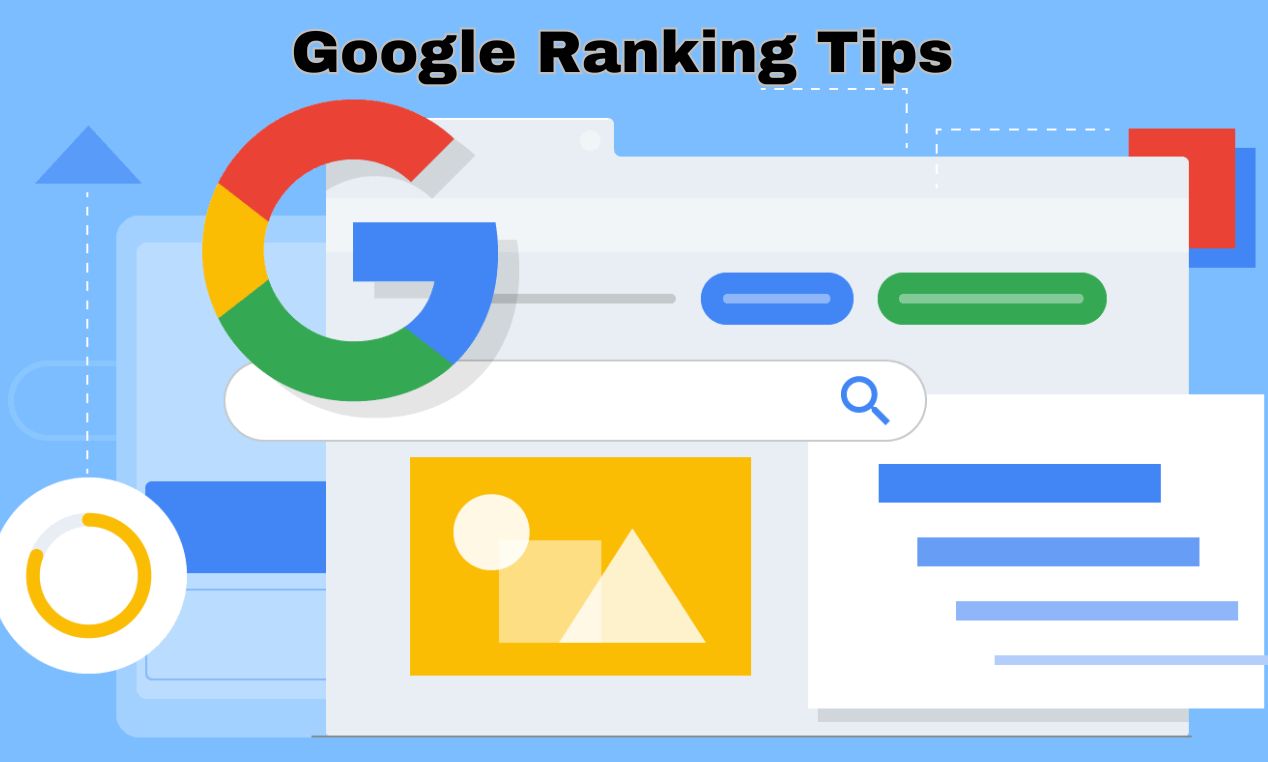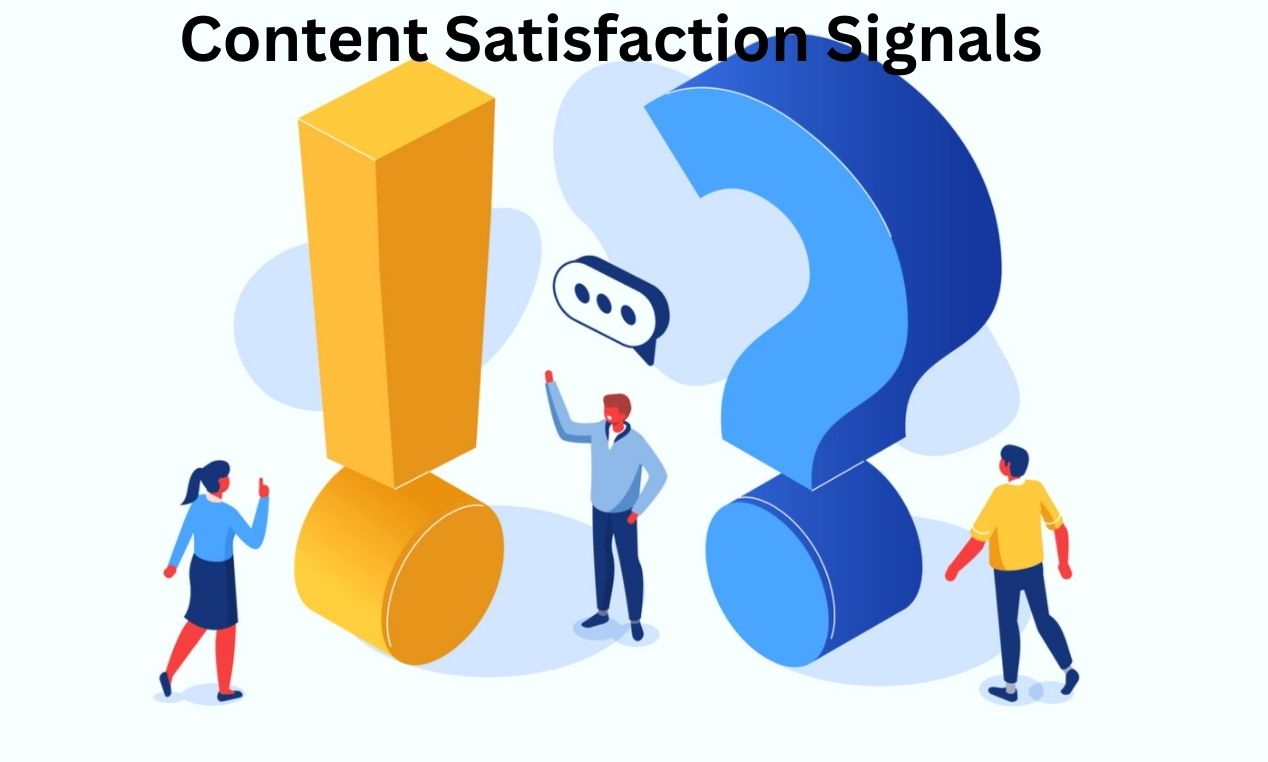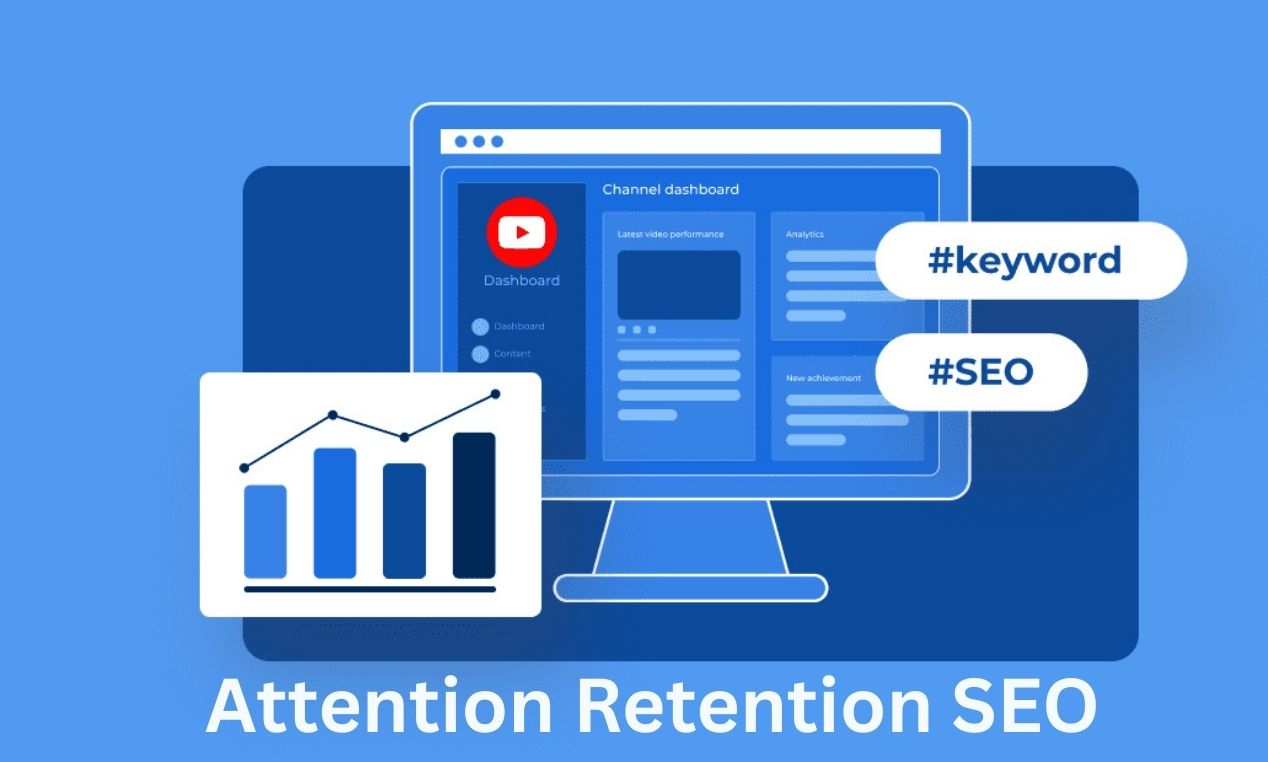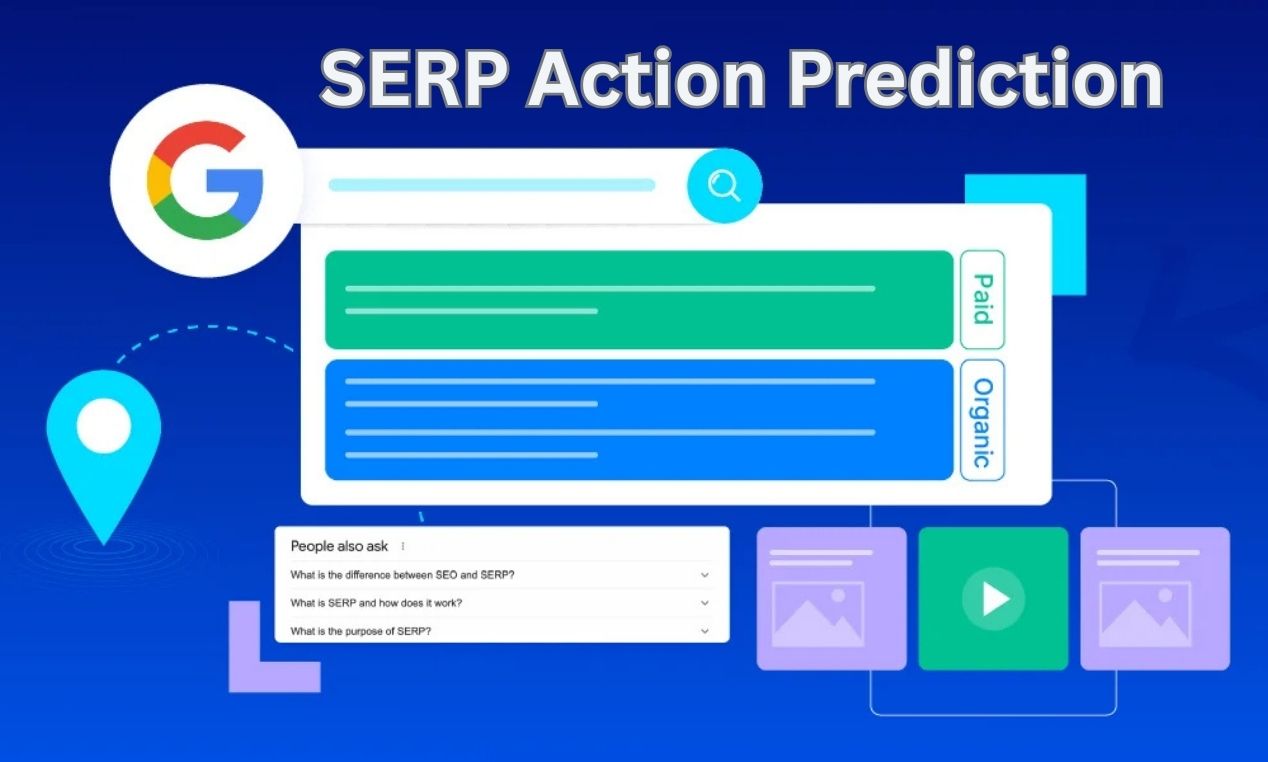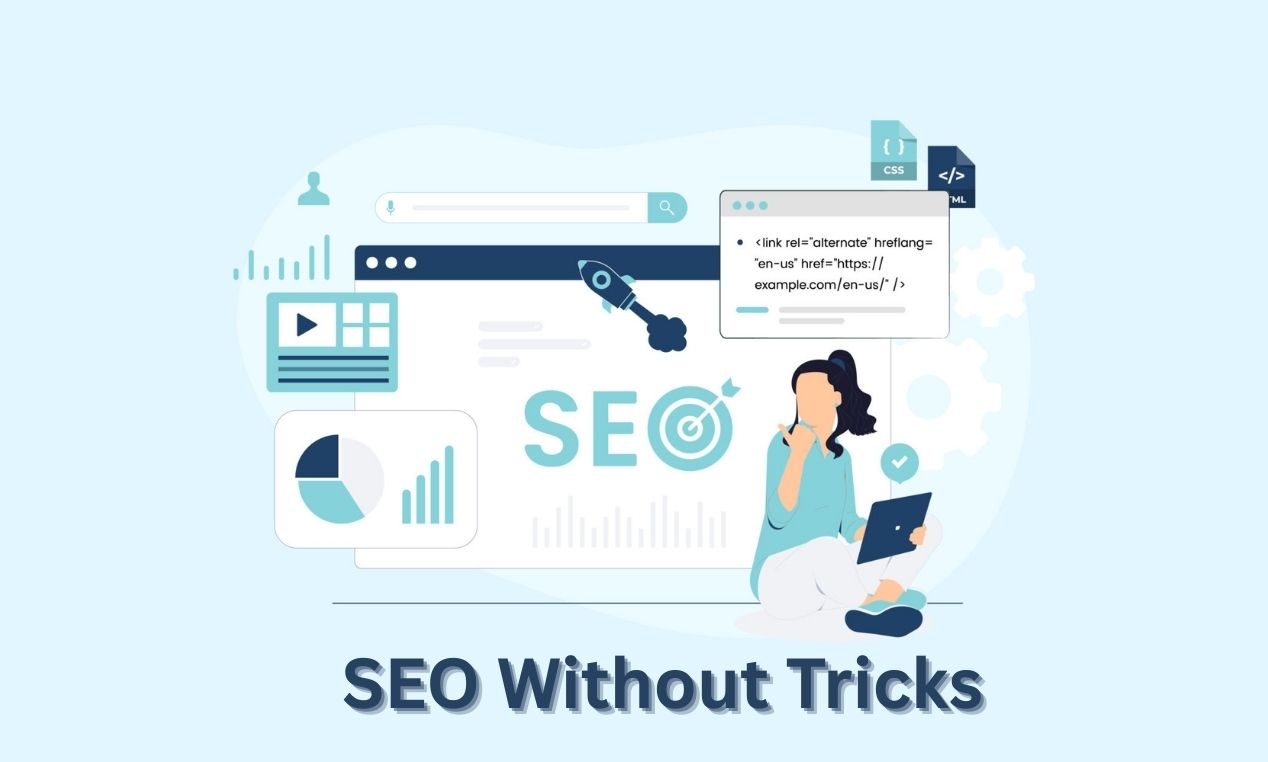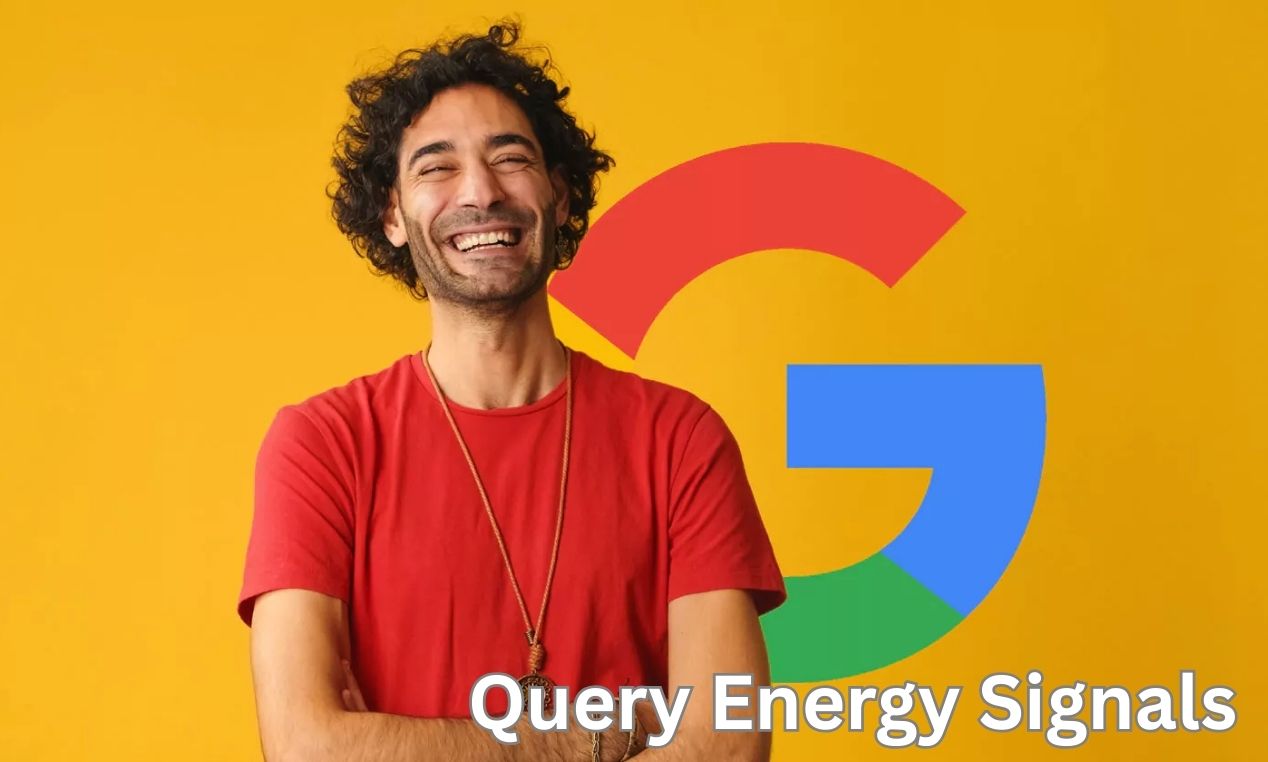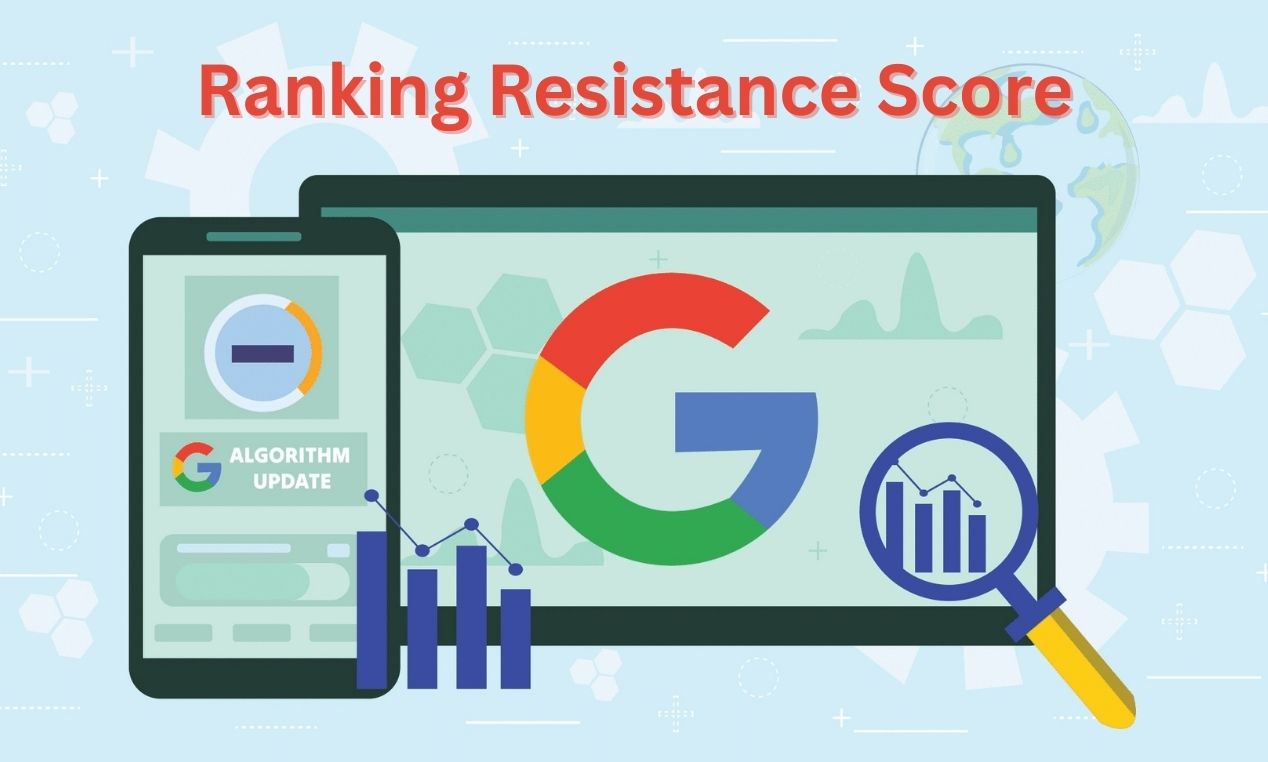IIf you’ve ever published a blog post and then realized you still need backlinks to rank, you’re not alone.
Many new bloggers and small website owners feel stuck because bigger sites naturally attract links while smaller ones have to fight harder. But here’s some good news you can still grow without chasing links all day.
One of the most helpful Google ranking tips for beginners is to focus on semantic SEO. It gives you a practical path to rank by creating clear, meaningful content instead of constantly worrying about outreach and building links.
Let’s talk about how this works in a simple, friendly way.
Table of Contents
Google Ranking Tips
Can I rank on Google without backlinks?
A question that comes up often is, Can I rank on Google without backlinks?
Yes, you can especially when you’re targeting specific, helpful topics that real users search for. You don’t need hundreds of links to show Google your content has value. You just need to write in a way that shows depth, context, and user focus.
One of the most practical Google ranking tips is to build content around what people genuinely want to learn, instead of obsessing over link numbers.
Backlinks still help, of course, but they are no longer the only pathway to visibility. When your content truly solves problems, readers stay longer, explore more pages, and build trust which supports ranking naturally.
How does semantic search impact SEO?
So why is content depth so important today? That’s where how does semantic search impact SEO? comes into play.
Search engines no longer rely only on matching exact keywords. Instead, they try to understand the meaning behind a query. If someone types:
“best shoes for rainy weather”
Google doesn’t only show pages that repeat those exact words. It also looks for content that covers waterproof shoes, walking in rain, shoe material, comfort, and care tips.
Semantic search allows Google to match real needs, not just phrases and this is one of those practical Google ranking tips that often gets overlooked.
How semantic SEO works
Helping readers understand, not just giving them headlines, is what truly builds trust.
Here’s a quick way to think about it:
- Understand the topic deeply before you write
- Answer primary and related questions
- Use examples to clarify ideas
- Keep your tone natural, like you’re talking to someone face-to-face
When you do that, search engines start viewing your content as a complete resource not just another short article online. And honestly, this is one of those simple Google ranking tips that many people overlook: write like you care, not like you’re rushing to publish.
Semantic SEO example
Here’s a quick semantic SEO example so it’s easy to see in action.
Imagine you’re writing about “healthy lunch recipes.” Instead of only listing meals, you might include:
- Meal prep tips
- Portion ideas
- Budget-friendly ingredient suggestions
- Nutrition notes
- Quick recipes for office or school
You’re still talking about lunch recipes, but you’re covering what people actually need. And because of that depth, your post can rank for many related queries naturally.
Do nofollow backlinks help SEO?
Another common doubt is: Do nofollow backlinks help SEO?
Technically, nofollow links don’t pass the same type of “ranking authority” as regular links. But they still matter because:
- They can send real traffic
- They help you get discovered by more people
- They build credibility and awareness
- They can sometimes lead to natural follow links later
So yes, they help indirectly. And every bit of visibility counts when you’re growing without aggressive link-building.
Tips to make Semantic SEO work for you
Here’s a simple plan you can follow:
Start with search intent
Ask: what does the reader truly want from this query?
Cover subtopics naturally
Think of what someone would ask before and after the main question.
Write like a real person
Avoid robotic sentences your voice matters more than perfect structure.
Add examples and real experiences
Even short, everyday examples make your content feel grounded.
Use internal links
Show Google how your content pieces connect and support each other.
This isn’t about writing longer posts just to fill space. It’s about writing useful posts that make sense to humans.
Conclusion
Backlinks are helpful, but they aren’t the only way to succeed. When you use semantic SEO, your content becomes richer, clearer, and more satisfying to read. Google pays attention to that depth.
You don’t need to chase every ranking trick you see online. Focus on understanding your topic, answering people’s real questions, and writing in your natural voice. Over time, this steady approach builds trust both with readers and search engines.

